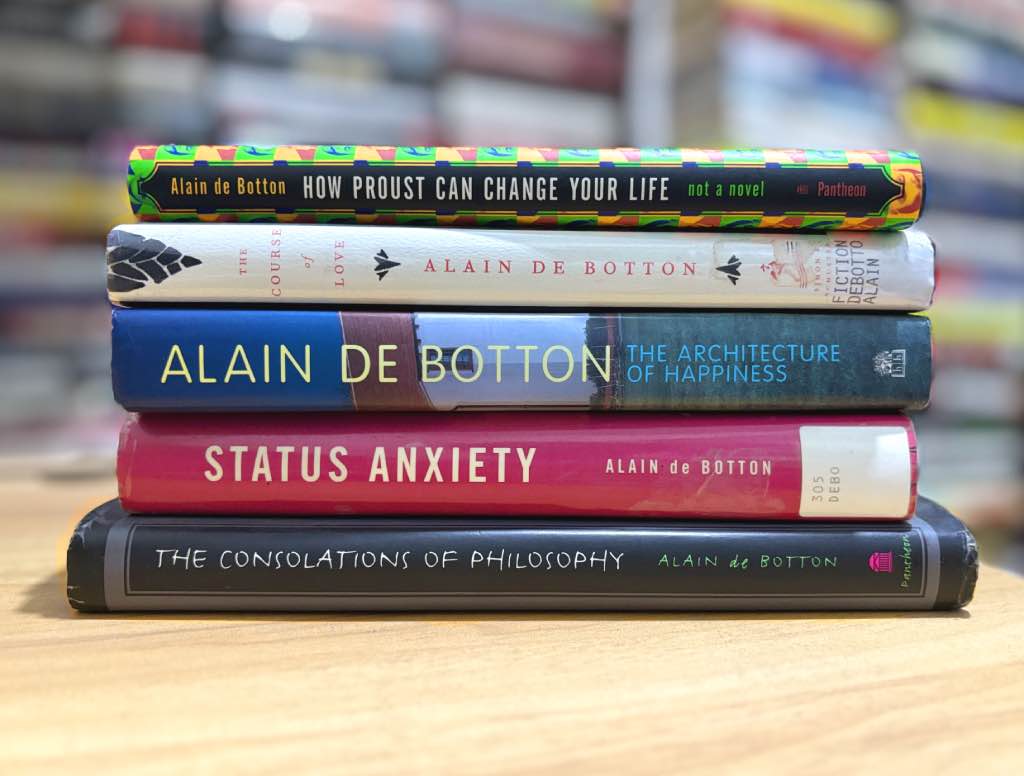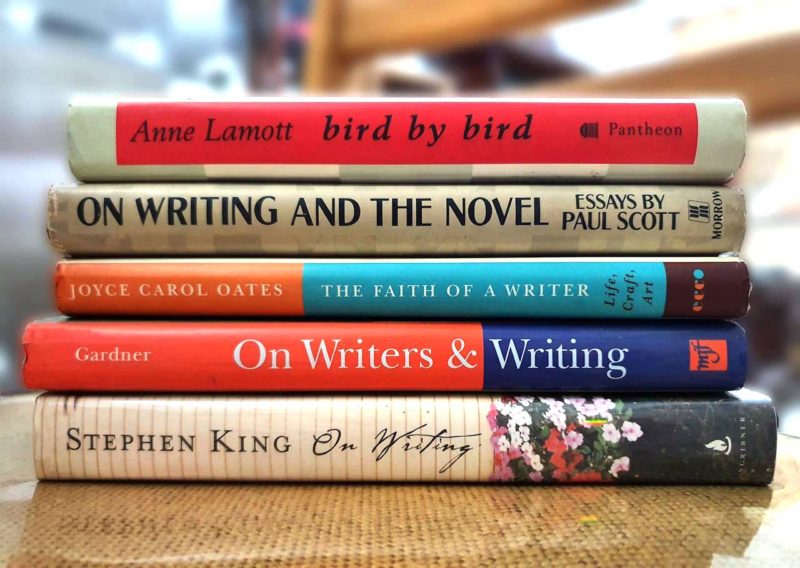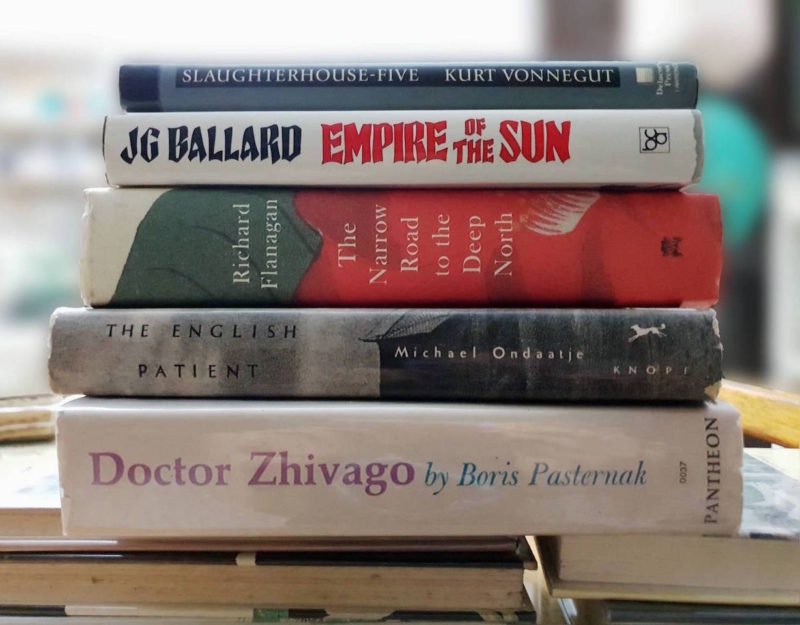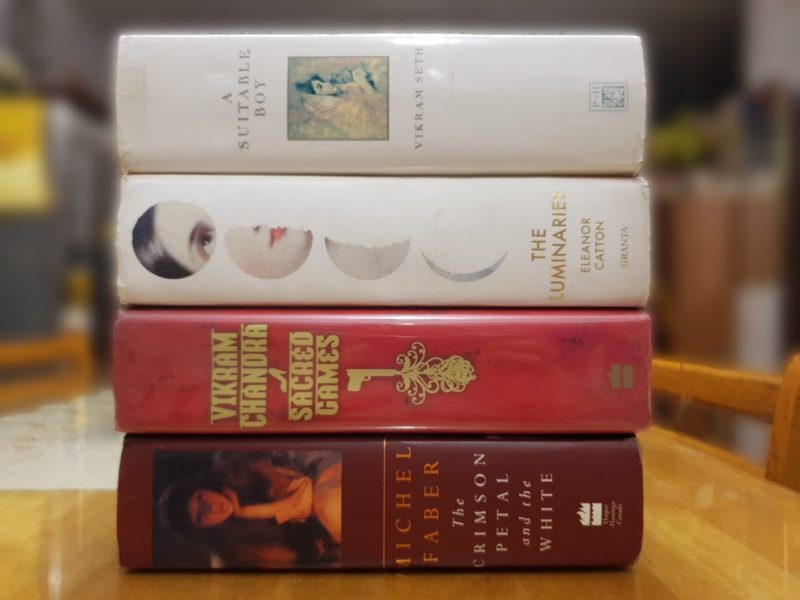Alain de Botton writes across a wide range of topics, blending philosophy with practical insights on how to live more thoughtfully. He makes complex ideas accessible without sacrificing depth, often grounding abstract concepts in everyday experience. With clarity and precision, he explores essential questions about love, happiness, and self-awareness, always with an eye toward their relevance in daily life.
By translating philosophical theory into applicable guidance, de Botton helps his audience handle familiar challenges in relationships, personal fulfillment, and emotional well-being. His clear style and relatable examples make abstract ideas accessible and immediately useful. The following sections highlight key themes and practical lessons from some of his major works.
How Proust Can Change Your Life
In examining Marcel Proust’s literary legacy, de Botton demonstrates how Proust’s nuanced observations resonate profoundly in contemporary life. He highlights Proust’s detailed portrayals of human interactions as a way to encourage empathy and greater emotional sensitivity.
By emphasizing the potential for recognizing beauty in mundane experiences, de Botton encourages an enriched appreciation of life. He also presents art and literature as tools for self-reflection and growth. Through them, individuals can better navigate the complexities of identity and relationships with sharper emotional awareness.
In How Proust Can Change Your Life (1997), de Botton highlights Proust’s central insight—life’s greatest moments often lie hidden in ordinary situations—and urges readers toward mindfulness in everyday living. He reframes Proust’s reflections as one full of practical wisdom, relevant not merely as artistic abstraction but as guidance toward a more thoughtful, attentive life.
The Course of Love
In The Course of Love (2016), de Botton presents romantic relationships as honest and flawed, not confined by unrealistic ideals but grounded in everyday challenges. He reframes love as a continual journey built on communication and mutual understanding, rather than effortless compatibility or passion alone. His storyline dismantles romantic misconceptions, which emphasize the normalcy of conflicts and advocate for mutual adaptation as central to lasting relationships.
Expanding on this premise, de Botton also considers how emotional maturity develops through learning to balance individual desires with collective needs. Rather than presenting compromise negatively, he positions it as a meaningful process that strengthens bonds through shared effort rather than idealized romance.
The Architecture of Happiness
In The Architecture of Happiness (2006), de Botton focuses on the profound yet often overlooked relationship between built spaces and human well-being. Through vivid examples and reflective exploration, he asserts that architecture significantly influences emotional states, ranging from the calm created by carefully arranged interiors to the serene contentment inspired by harmonious public spaces. He calls for attention to subtle architectural elements and explains how thoughtful design has a direct impact on our daily well-being.
Moreover, de Botton argues that architecture must reflect a considered effort to meet human needs and that well-designed spaces can offer both comfort and emotional support. He encourages readers to actively notice and evaluate how their surroundings influence their moods, relationships, and overall satisfaction.
Status Anxiety
In Status Anxiety (2004), de Botton examines modern society’s obsession with status and its corrosive effects on self-esteem. He critiques the way capitalist culture and media amplify tendencies toward comparison, which leads to widespread dissatisfaction and anxiety. Advocating for a revised interpretation of success, he argues for personal authenticity and emotional fulfillment over social validation or material success.
Additionally, de Botton advises cultivating inner self-worth by nurturing personal passions and meaningful relationships, rather than conforming to externally imposed measures of achievement. By encouraging readers to redefine success individually, he shifts the emphasis away from external validation toward genuine personal contentment.
The Consolations of Philosophy
In The Consolations of Philosophy (2000), de Botton introduces philosophical figures such as Seneca and Schopenhauer to illuminate practical responses to life’s adversities. He articulates Seneca’s strategies for enduring hardship, making timeless advice relevant to contemporary readers navigating personal struggles. Through clear and relatable examples, he transforms potentially daunting philosophical principles into useful, approachable recommendations, applicable in moments of crisis or confusion.
Furthermore, de Botton illuminates philosophy’s role in cultivating a resilient perspective and emotional equilibrium. By grounding philosophical concepts in tangible, everyday experience, he reveals its capacity to serve as a readily available, constructive guide for navigating life’s inherent difficulties.
Further Reading
Alain de Botton on Existential Maturity and What Emotional Intelligence Really Means by Maria Popova, The Marginalian
How to Be a Pseudo-Intellectual by Victoria Beale, The New Republic
Alain de Botton – a defence by Brian McNair, The Conversation
The Tim Ferriss Show Transcripts: “Books I’ve Loved” — Alain de Botton from The Tim Ferris Show




